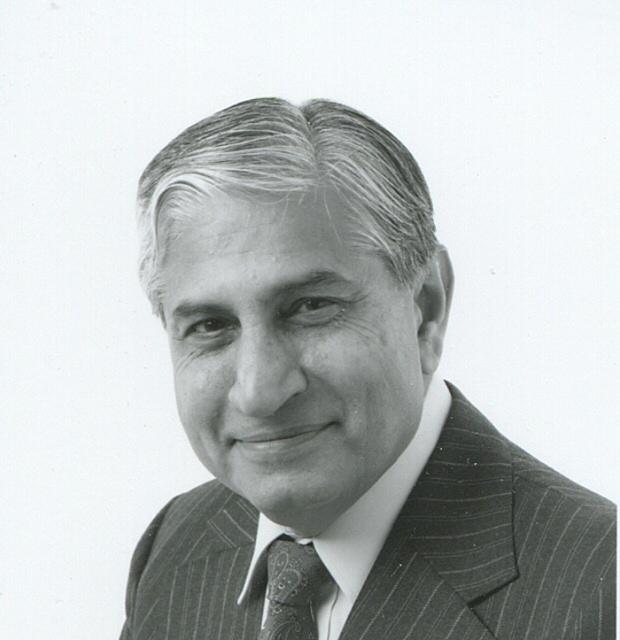Riaz Haider, a former professor at the School of Medicine and Health Sciences and cardiologist, died June 8. He was 89.
Haider taught at the University as a clinical professor of medicine from 1984 to 2011, according to his obituary in The Washington Post. The obituary states that Haider is best known for his work and research in diagnostic cardiac ultrasounds, pacemakers and heart catheterization.
Haider was born in Sheikhupura, Pakistan in 1934 and later moved with his family to Lahore, according to the obituary. There, he attended the Government College University and King Edward Medical University where he qualified as a doctor in 1956 at the age of 22.
At the GW Hospital, Haider and a colleague introduced Swan Ganz cardiac catheterization, the insertion of a thin balloon-tipped tube in the pulmonary artery, as a way to monitor cardiac function after heart attacks, according to his obituary. The obituary states Haider directed cardiac catheterization labs at five universities and initiated new cardiovascular laboratories at Providence Hospital in D.C. as chief of cardiology from 1974 to 1993.
Haider also served as president of the D.C. region affiliate of the American Heart Association, a nonprofit organization dedicated to fighting heart disease and stroke through education and funding cardiovascular research, according to the obituary.
He also served as a director emeritus and former board member of the International Student House of Washington D.C., which houses international students and young professionals at its Dupont Circle residence, according to the program’s website. The International Student House website states that Haider had a “lifelong interest” in the promotion of American and international education.
Haider is survived by his wife of 55 years, Yasmeen Haider, three children, six grandchildren and two brothers.







